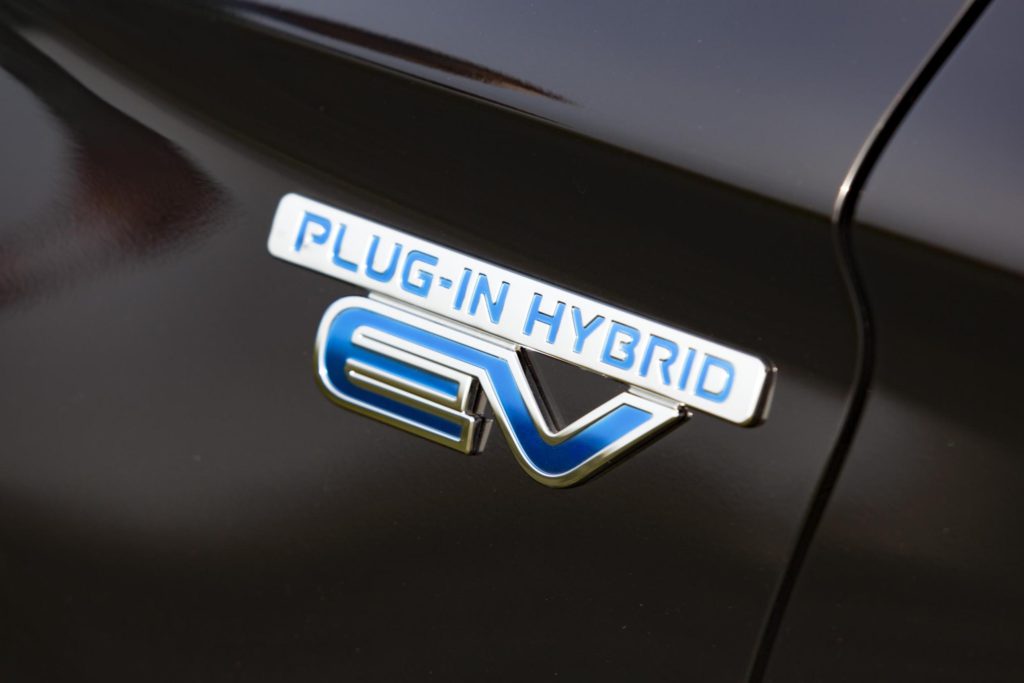The UK will not re-establish grants on PHEVs despite sales suffering
21 May 2019

21 May 2019
Grants on plug-in hybrid vehicles (PHEVs) in the UK will not be reinstated, despite an impact on sales of the technology.
An updated grants package released last year by the UK Government means only battery electric vehicles (BEVs) now qualify for a £3,500 (€3,985) subsidy. Prior to that, grants had ranged from £2,500 to £4,500 (€2,847 to €5,124) depending on the distance a vehicle could travel on electric power only.
There was no clear reason for the cut in the grants, with the official Government position suggesting that the decision reflected the technological progression on the marketplace as well as consumer demand.
′We have to spend the taxpayers’ money in a way that reflects the changing market,’ said Jesse Norman, minister of state for the Department of Transport. ′The evidence was very clear: owners of plug-in hybrids were not plugging them in, negating the environmental benefits and undermining the incentives.’
Plugging in
The issue of drivers using their PHEVs on petrol power only comes following a study conducted in the Netherlands, which revealed that many owners were not charging the electrical components in the car and relying solely on the combustion engine. This allows them to benefit from environmental policies without contributing to the lowering of greenhouse gases.
The Society of Motor Manufacturers and Traders (SMMT), together with carmakers who count PHEVs in their line-ups, launched a campaign to overturn the decision, highlighting the damage it would do to the industry.
However, the Government has decided not to back down. ′I’m not prepared to look back and make retrospective changes that undermine the benefits full battery electric vehicles can bring,’ Norman stated. He also believes that the market will regulate itself on the matter: ′I expect the prices of electric cars to come down dramatically in the same way, and I’m not prepared to spend taxpayers’ money incentivising technology that doesn’t reflect this changing market.’
Sales suffer
The cutting of the PHEV grant has affected sales of the technology in the country since its introduction in November last year.
Up until September 2018, sales of PHEVs were 30.7% up on the nine months to 2017. However, registrations dropped in the following three months, leaving the full year total up 24.9%. This year, up to April, the PHEV market is 20.4% down, including a drop of 34.4% in the last month alone.
At the time of the announcement, the SMMT said in a statement: ′To grow zero and ultra-low emission vehicle uptake to the levels needed to make a meaningful impact on CO2 and air quality, consumers’ concerns over affordability and convenience must be addressed.’
′As we’ve seen in other European markets, prematurely removing upfront purchase grants can have a devastating impact on demand. In Denmark, for example, sales of pure electric cars plummeted by nearly 73.0% in the year after that government announced its EV tax incentive would end – the market has still not recovered.’